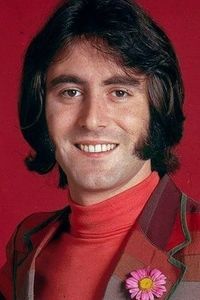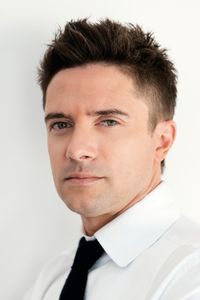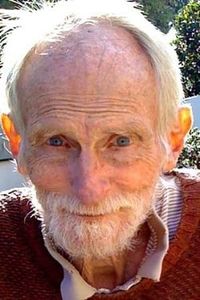Jean-Michel Delpech, also known as Michel Delpech, was a renowned French singer-songwriter and actor, born on January 26, 1946, in Courbevoie, a suburb of Paris. He was the son of Bertrand Charles Delpech, a metal chrome plater, and Christiane Cécile Marie Josselin, a housewife, who had two younger sisters, Catherine and Martine.
Delpech's maternal family, the Josselins, were winegrowers from Gyé-Sur-Seine in the Aube department, and his paternal ancestors hailed from Sologne, specifically Dhuizon and La Ferté-Saint-Cyr, where his hairdresser grandfather and uncles and cousins, who were grocers, loggers, and farmers, resided. Delpech spent weekends and holidays with his provincial family, sometimes helping out in his aunt's grocery store.
Delpech studied at the Chabanne college and the Camille-Pissarro high school in Pontoise from 1961 to 1964. As a teenager, he developed a passion for famous singers like Luis Mariano and the great names of the 1950s, such as Gilbert Nécaud and Charles Aznavour. In 1963, he formed a small orchestra with his schoolmates.
Before taking his final high school exams, Delpech left school in January 1964 to focus on his singing career. He attended an audition in Paris to join the disque Vogue record company and released his first album, Anatole, at the age of 18. He met composer Roland Vincent, with whom he worked on his first single, Chez Laurette, which he wrote on a train ride between Saint-Lazare and Saint-Cloud train stations. Although the song was not initially successful, it gained popularity due to its radio airplay and helped establish Delpech as a rising star.
In 1965, Delpech appeared in the musical comedy Copains-Clopant, which ran for six months, and then performed at the Michodière and Gymnase theaters in Paris. The success of Chez Laurette helped him gain fame, and he met Chantal Simon, with whom he sang a duet and later married in 1966.
The same year, Delpech released his second album, Inventaire 1966, under the Festival Label, which cemented his status as a rising star. He paid tribute to the poetry of Jacques Prévert by compiling a list of contemporary news and trends, including the Vietnam War, the minijupe, and the Cacharel trend, into his music. In 1966, he also opened for Jacques Brel during his farewell performance at the Olympia.





















